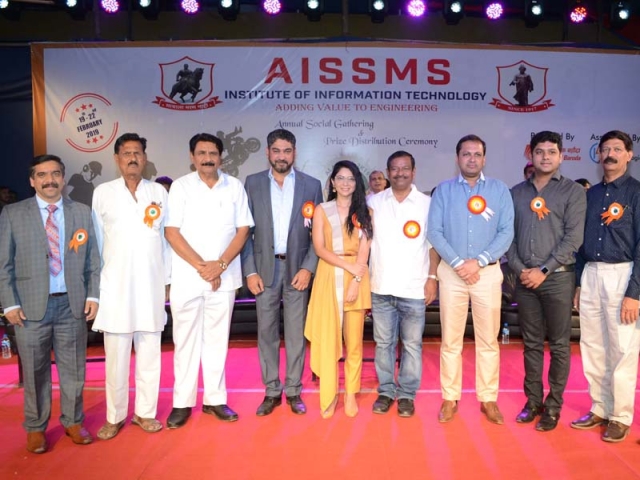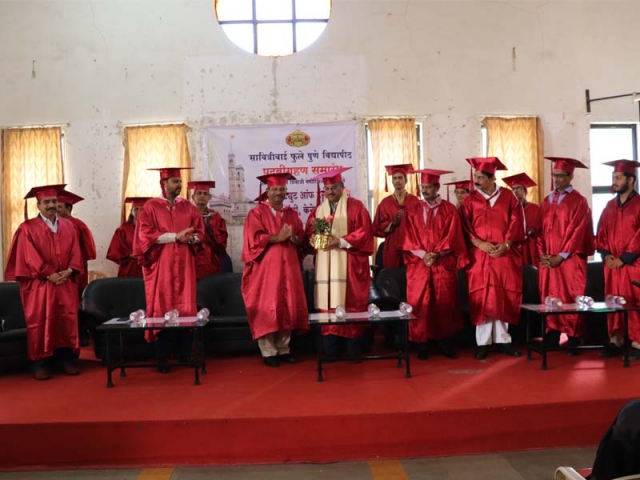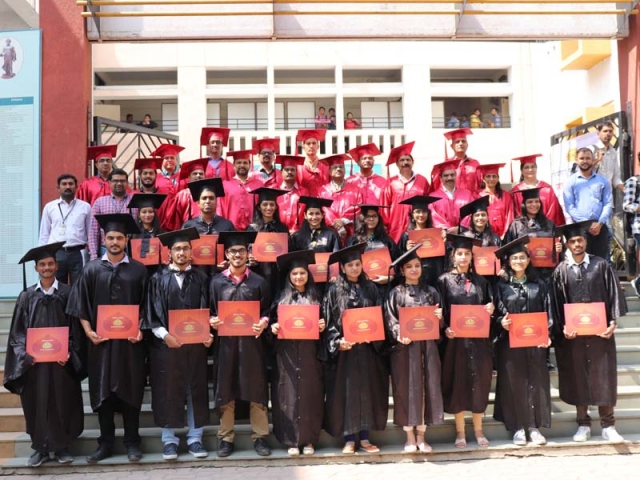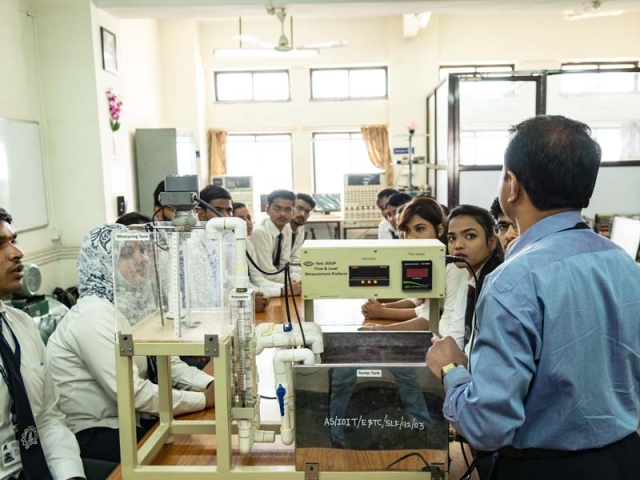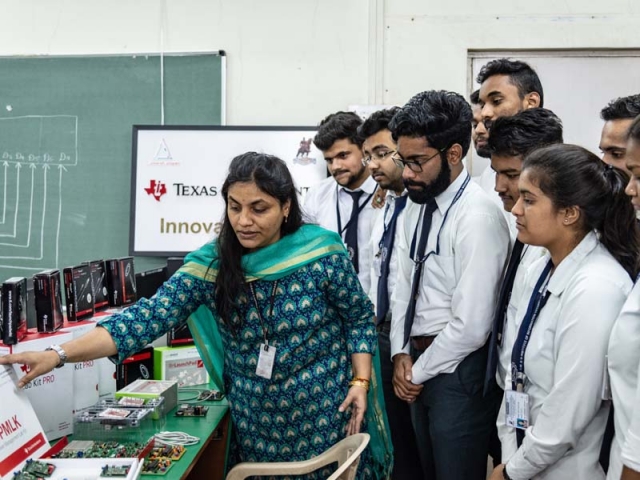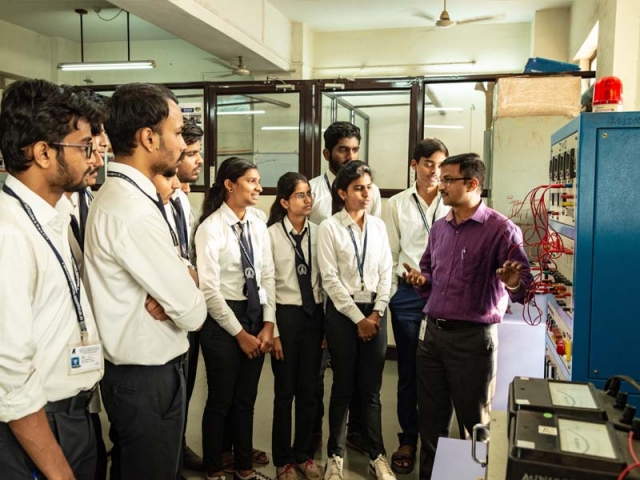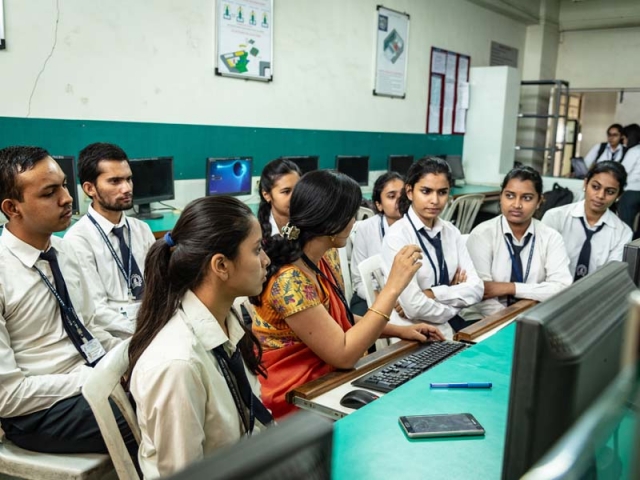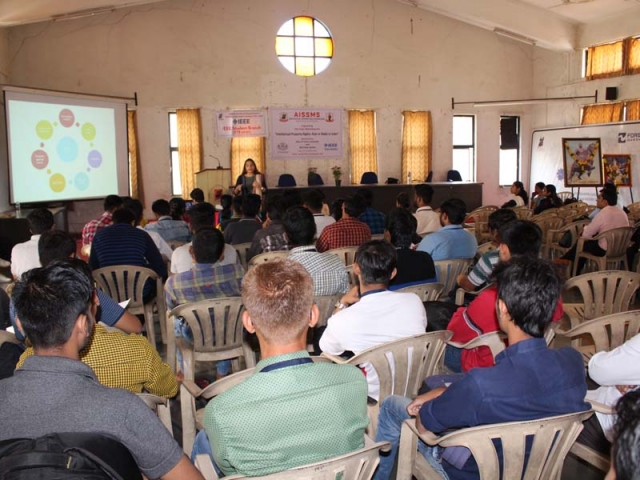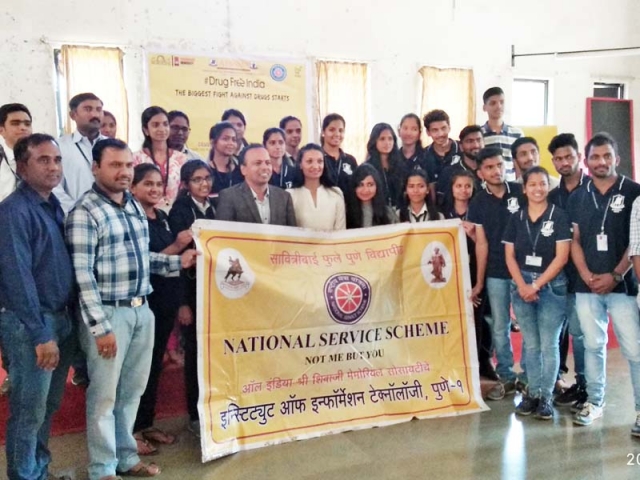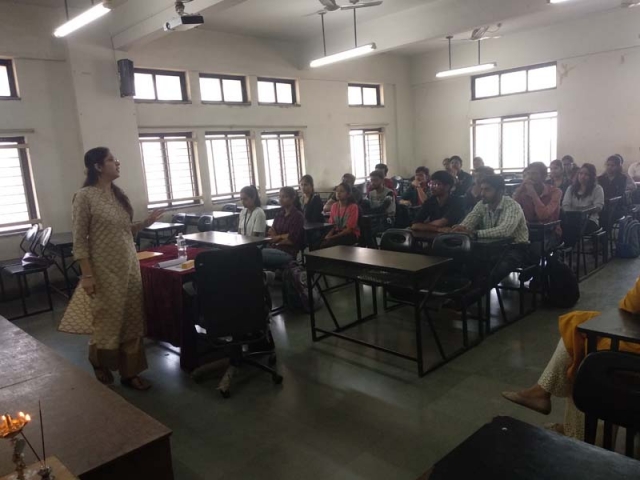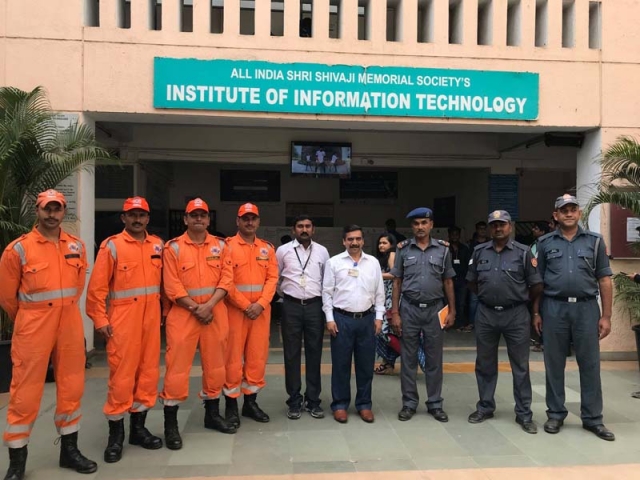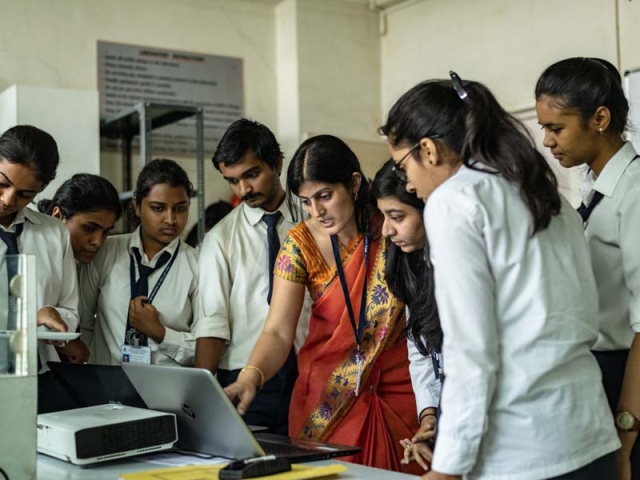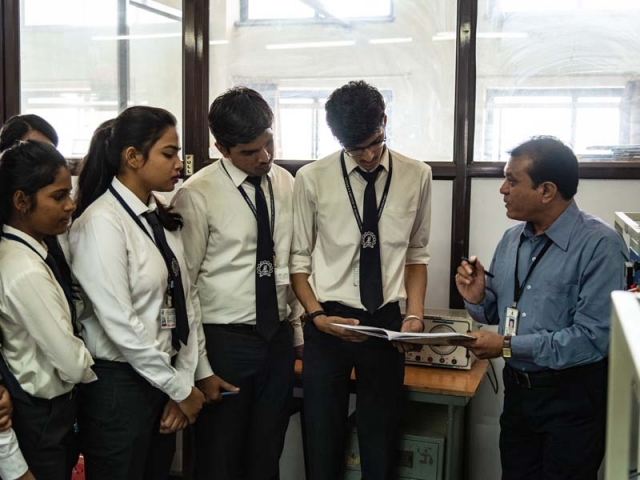Institute Vision
To be recognized amongst top 10 private engineering colleges in Maharashtra by the year 2026 by rendering value added education through academic excellence, research, entrepreneurial attitude and global exposure.
Institute Mission
1. To Enable Placement Of 150 Plus Students In The 7 Lacs Plus Category & Ensure 100% Placement Of All Eligible Final Year Students.
2. To Connect With 10 Plus International Universities, Professional Bodies and Organizations To Provide Global Exposure To Students.
3. To Create Conducive Environment For Career Growth, Prosperity, And Happiness Of 100% Staff.
4. To Be Amongst Top 5 Private Colleges In Pune In Terms Of Admission Cut Off.
2. To Connect With 10 Plus International Universities, Professional Bodies and Organizations To Provide Global Exposure To Students.
3. To Create Conducive Environment For Career Growth, Prosperity, And Happiness Of 100% Staff.
4. To Be Amongst Top 5 Private Colleges In Pune In Terms Of Admission Cut Off.
Program Outcomes
Engineering Graduates will be able to
- Apply the knowledge of mathematics, science, engineering fundamentals, and an engineering specialization to the solution of complex engineering problems. [Engineering knowledge]
- Identify, formulate, research literature, and analyse complex engineering problems reaching substantiated conclusions using first principles of mathematics, natural sciences, and engineering sciences. [Problem analysis]
- Design solutions for complex engineering problems and design system components or processes that meet the specified needs with appropriate consideration for the public health and safety, and the cultural, societal, and environmental considerations. [Design/development of solutions]
- Use research-based knowledge and research methods including design of experiments, analysis and interpretation of data, and synthesis of the information to provide valid conclusions. [Conduct investigations of complex problems]
- Create, select, and apply appropriate techniques, resources, and modern engineering and IT tools including prediction and modeling to complex engineering activities with an understanding of the limitations. [Modern tool usage]
- Apply reasoning informed by the contextual knowledge to assess societal, health, safety, legal and cultural issues and the consequent responsibilities relevant to the professional engineering practice. [The engineer and society]
- Understand the impact of the professional engineering solutions in societal and environmental contexts, and demonstrate the knowledge of, and need for sustainable development. [Environment and sustainability]
- Apply ethical principles and commit to professional ethics and responsibilities and norms of the engineering practice. [Ethics]
- Function effectively as an individual, and as a member or leader in diverse teams, and in multidisciplinary settings. [Individual and team work]
- Communicate effectively on complex engineering activities with the engineering community and with society at large, such as, being able to comprehend and write effective reports and design documentation, make effective presentations, and give and receive clear instructions. [Communication]
- Demonstrate knowledge and understanding of the engineering and management principles and apply these to one’s own work, as a member and leader in a team, to manage projects and in multidisciplinary environments. [Project management and finance]
- Recognize the need for, and have the preparation and ability to engage in independent and life-long learning in the broadest context of technological change. [Life-long learning]

